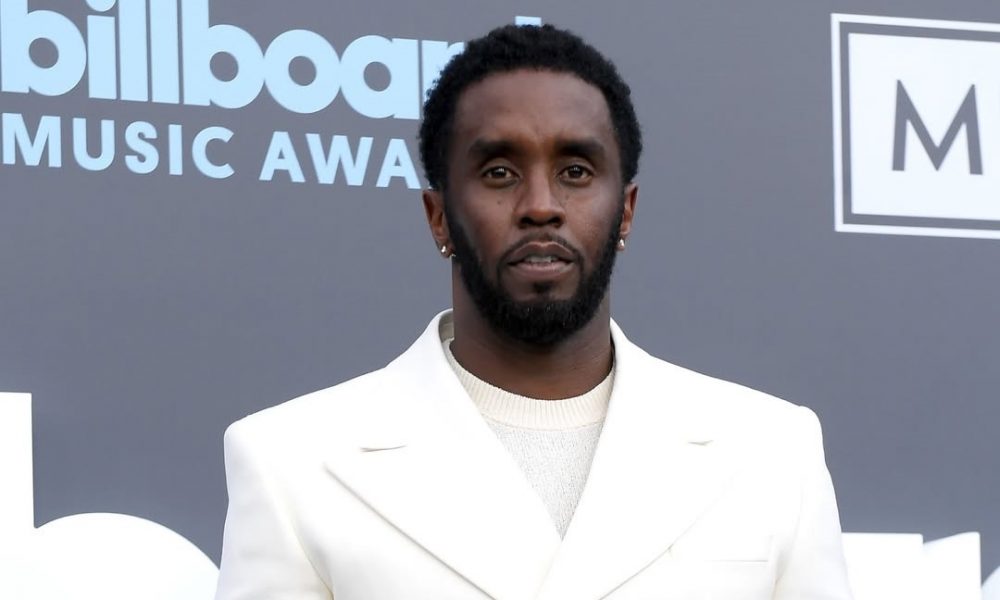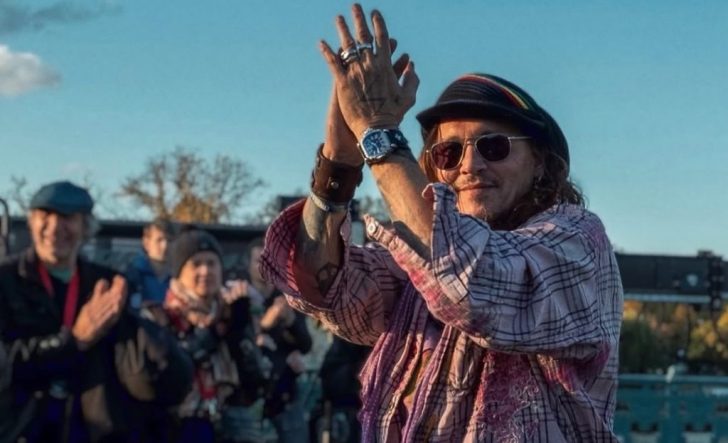
Why Celebrity Trials Are Becoming Cultural Spectacles

Celebrity trials aren’t just courtroom proceedings anymore—they’ve morphed into full-scale cultural spectacles. Livestreamed, sliced into viral clips, dissected on talk shows and podcasts, and spun into memes, they grip us like our favorite drama series.
But this obsession isn’t new. The O.J. Simpson trial in ’94 laid the groundwork. With cameras in the courtroom and stars taking the stand, the whole country tuned in. But it wasn’t just about the case. It tapped into something deeper—race, justice, fame.
What’s changed is scale. Back then, it played out on national TV. Now, trials go global in real time. When Depp and Heard faced off, TikTok lit up like a digital courtroom, complete with highlight reels and fan-made narratives. People picked sides like it was a sporting event. Justice became secondary to viral content.
This shift didn’t just happen because of technology. It is because we treat celebrities like characters in a never-ending reality show. The courtroom is just another stage. The lawyers are supporting actors. The verdict is a plot twist.

Johnny Depp / IG / Look at how the media covers these cases. They don’t just report facts. They spin narratives. Victims and defendants become heroes or villains. Headlines get juicier by the day.
Everything is framed for maximum drama. The more outrageous, the better. And we eat it up. Even serious allegations get turned into jokes or gossip. Take Kim Kardashian’s robbery trial. She was held at gunpoint, tied up in a bathtub. People didn’t respond with compassion—they laughed, made jokes, and said she had it coming. Celebrity has a way of distorting how we process genuine pain.
During Harvey Weinstein’s retrial, public fascination had little to do with legal justice. Most folks weren’t watching because they cared about justice. They were there for the fall of a giant. It wasn’t about law; it was about spectacle.
Same with Diddy’s trial. Rumors and TikToks outran verified facts. Everyone had an opinion, but few cared about the actual case. Truth didn’t stand a chance against the algorithm.
It Changes the Way We Look at Justice
Celebrity trials also change how we think justice should work. Instead of relying on evidence, people judge based on vibes. A good outfit, a slick statement, or a funny lawyer can sway millions. Trial by jury becomes trial by public opinion. The lines between law and likes blur fast.
However, this is not harmless entertainment. Real people are involved. Victims relive trauma in the spotlight. Defendants get dehumanized. Jurors might get influenced by TikTok, not testimony. Trials are supposed to be about facts, not fan theories.
And yet, there is a reason we can’t look away. Psychologists say it taps into something deep. We are drawn to fame. We like to watch the powerful fall. There is a kind of twisted pleasure in seeing the rich and famous go through what seems like justice. Some call it schadenfreude. Others call it accountability. Maybe it is both.

NZ Herald / IG / In the Grace Millane case, a young woman was murdered while traveling. Instead of compassion, the media dissected her dating life, her choices, and her worth.
Headlines sensationalized her story. The coverage wasn’t about justice. It was more about clicks.
This is where the big question comes in: where is the line? We need transparency in courtrooms. But we also need to protect dignity, truth, and humanity. Right now, the scale is tipping too far toward performance. Trials shouldn’t feel like reality TV.
Some experts think it’s time for new rules. Not to silence the press, but to stop the circus. Limit cameras. Protect victims’ identities. Stop turning the court into content. Because if justice is just entertainment, everyone loses.
More in Celeb Justice
-
New York to Mail Out One-Time Inflation Rebates. Here’s the Eligibility List
New York is preparing to send out its first-ever inflation refund checks, providing financial relief to millions of residents as prices...
October 3, 2025 -
Here’s What Artists Should Know About Copyright & Its Implications
Copyright protects your art from the moment you create it. The second your drawing, painting, sculpture, or photo is fixed in...
September 27, 2025 -
Everything to Know About Vogue America’s New Editor, Chloe Malle
Chloe Malle just stepped into one of the most powerful roles in fashion media: Head of Editorial Content at Vogue America....
September 21, 2025 -
Did Barron Trump Apply to Harvard? Clearing Up the Rumors
Speculation often swirls around public figures, and in recent months Barron Trump’s college choices became part of the conversation. Questions surfaced...
September 20, 2025 -
Can You Be Naked in Texas?
The Texas public nudity law isn’t as simple as “no clothes, you are in trouble.” It all comes down to intent,...
September 13, 2025 -
Why AI Is Now a Necessity, Not a Choice, for Law Firms
Artificial intelligence is no longer a futuristic concept for the legal industry. It is steadily changing how law firms operate, not...
September 13, 2025 -
Waikiki Lifeguard Cleared in Confrontation With Notorious Criminal
On a hot day at Kuhio Beach, veteran lifeguard Christopher Kekaulike Kam stepped in when things got out of control. A...
August 13, 2025 -
Gawking at the Coldplay ‘Kiss Cam’ Affair Is Voyeurism at Its Worst!
Coldplay concerts are meant to be joyful. But during a recent show, a playful kiss cam bit turned into a public...
August 6, 2025 -
Essential Safety and Success Resources for Trans Journalists
Trans journalists go through tough spaces every day. In a field that often tests your limits, knowing where to turn for...
July 30, 2025














